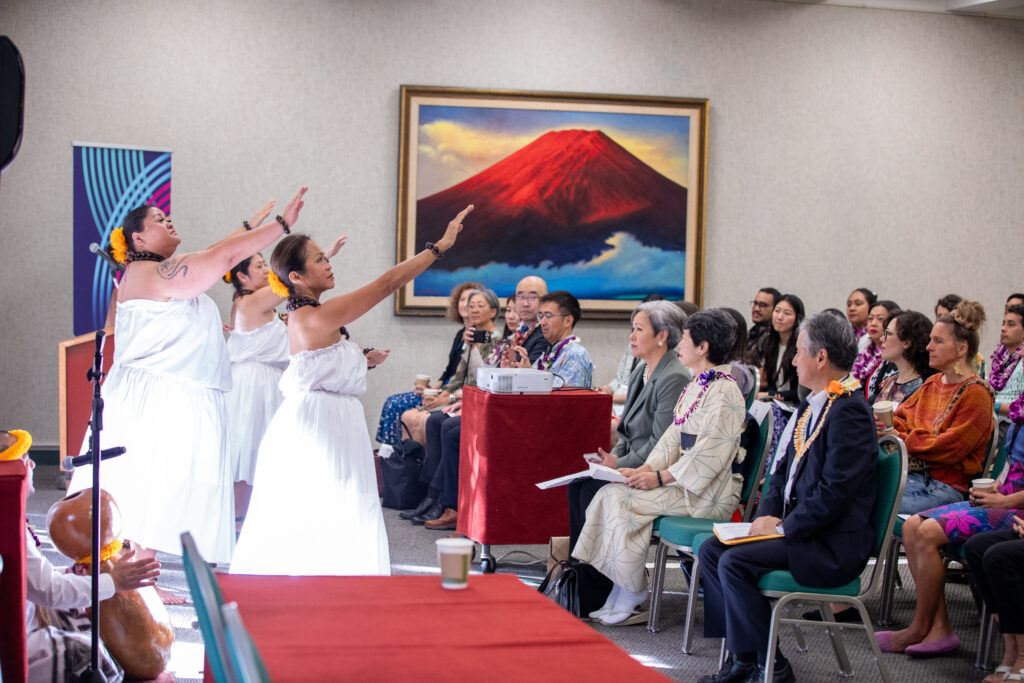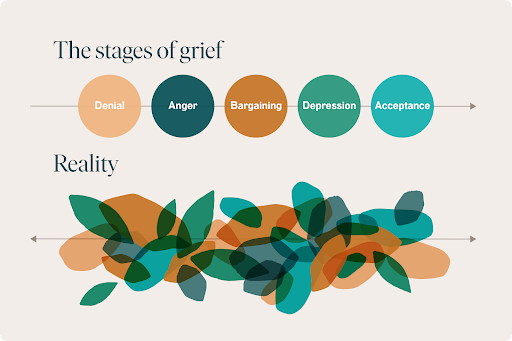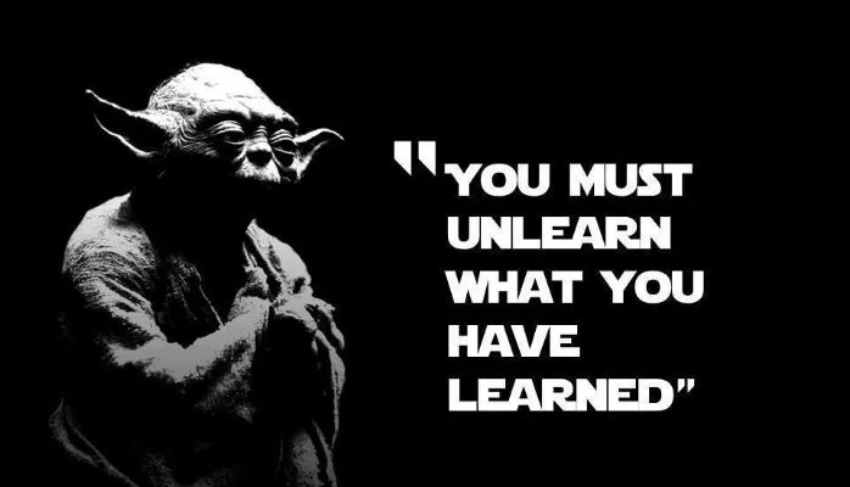<– Start at the beginning of the Climate Lab series
Climate Lab: Hawai’i, Part 4 – Insights
“Have patience with everything that remains unsolved in your heart. Try to love the questions themselves, like locked rooms and like books written in a foreign language.”
— Rainer Maria Rilke
Knowing embarrassingly little about Hawaiian culture before arriving in Honolulu for the first time, I was grateful for the openness and grace (the “spirit of Aloha”) I encountered as I fumbled my way through. I typically do my best to learn about the local culture, history, and language before I travel anywhere new, but other things took priority in the month leading up to this trip. And truly, even in situations when I do work hard to get a solid foundation of knowledge, it never feels like enough once I arrive (for example, four semesters of college Japanese in no way preparing me for moving to Japan).
That sense of not feeling prepared but moving forward anyway would be a theme during my first in-person week with my climate lab cohort on Oahu. Also a theme, which I mentioned in my first post about Hawai’i, [1] was grief and how to navigate it when you truly don’t know what to do next. The classroom content and the field visits during this time were invaluable, but what truly altered my perspective was the internal exploration we were encouraged to undertake both during our time together and after we returned home.
Here There Be Dragons
Baked into our course content – and even into the structure of the climate lab itself – is the sense that we are creating a path for ourselves as we go. Contrary to some of the other trainings I’ve attended over the years, the organizers of this program were very clear that they’re not going to hand us answers – because no one has all the answers. What they are providing to us are opportunities to learn and frameworks through which to examine what we’ve learned, but it’s clear that our perspectives are meant to inform a collaborative and iterative effort, enabling us to navigate our way forward based on new pieces of data as we get them.

Image courtesy of East-West Center: [2]
This analogy between navigation and our own leadership journeys began during the opening ceremony at the East-West Center in Honolulu, when a hula group told the story of fire goddess Pele’s voyage to Hawai’i after being charged with finding a new home for her family. [3] It continued with conversations about traditional navigational skills that had carried generations throughout the islands of Polynesia. [4] One concept raised during a group discussion was the idea that if you take care of your canoe, your canoe will take care of you, so if you ensure that your family / your team / your organization is ready for whatever comes, you will be able to weather that storm. (Another interpretation of that concept actually describes the canoe as stationary, with the horizon moving toward it, which feels less daunting to me. [5])
And our program leaders were upfront with us and recognized that what we’re doing is scary and uncertain. Like ancient voyagers exploring new parts of the world, we’ve got navigational skills, but no map. And, we were reminded, if no one ever had an appetite for going into the unknown, there wouldn’t be people in Hawai’i. But crucially, there was no judgment around fear of the unknown or around our very human desire to seek comfort over challenge. Recognizing that we need to challenge ourselves to improve, to adapt, and to find solutions to an existential crisis doesn’t make taking action any easier. Many cultures rely on storytelling traditions to impart lessons and convey hope, but we are part of a story that is still unfolding and whose end is still uncertain – and that makes most humans very uncomfortable.
Denial, Anger, Bargaining, Depression, and Acceptance
Most people I know can recite the stages of grief – a process we experience while coping with loss. While it’s usually associated with the death of a loved one, I explained in my post “Grief and Grieving” last summer [6] that we can grieve the loss (or anticipated loss) of anything that matters to us. And if I didn’t make it clear enough in that post, I will try to do so here: what we need to focus on when interacting with a grieving person is recognizing the intensity of the grief they’re experiencing, not quantifying how much grief we think they should be experiencing, given the situation. Suffering is not comparative, and it does no good for anyone involved to make judgments about whether something is or isn’t worthy of the pain its loss carries.

Image credit: [7]
The five stages of grief, originally described by Elisabeth Kübler-Ross in her book On Death and Dying, [8] are distinct but do not necessarily happen in order, on a given timeline, only once, or at all. I, myself, have been waffling between depression and acceptance over the last month or so as I come to terms with my mom’s death, with occasional bouts of anger (at her) popping up. While we can’t force the grieving process to speed up, we can at least identify and examine the emotions we’re experiencing while we’re navigating that uncharted territory – and we can be better about identifying them in others too. And that brings us back to some of the concepts we were left to consider as our climate lab cohort wrapped up our time together in Hawai’i.
Grief can be caused by the loss of anything we value, and for those impacted by climate change (which is everyone on the planet), the losses will be as varied as the people experiencing them. For many, sea level rise and increased storm severity could mean the loss of a home; shifts in market conditions could mean the loss of a career; efforts to lower one’s carbon footprint could mean the loss of familiar routines. But the concept that floored me was that as we encounter resistance to our efforts, we may be seeing the outward signs of grief: denial that there is a problem in the first place, anger over climate policy set by the government, depression in thinking that it’s too late to make a difference. And grief does not diminish in the face of judgment – what we need, as difficult as it may be in practice, is empathy.
What’s in the Toolbox?
In the name of full disclosure, I regularly participate in bargaining (e.g. I’m a vegetarian, so I shouldn’t have to give up my gas-powered Miata; I’m not having kids, so that should offset the occasional airplane flight; and so on). I am far from perfect, and maybe that’s why I wound up giving a brief presentation on this topic during the closing reception at the end of the week. During my remarks, I focused on the process (and value, and difficulty) of unlearning some of the assumptions, behaviors, and systems of thought we’ve picked up organically over the course of our lives. While the lessons we’ve learned over the years may have served us well at the time, it is important to realize that some of those lessons may no longer be relevant to us or representative of others’ experiences in the world.

Image credit: [9]
I had several moments of unlearning during the course of the week, along with the rest of my classmates. And while it was uncomfortable to realize that my assumptions and perceptions were limited (or even inaccurate), I also recognize how important it was to have those realizations so that I can be more empathetic and effective in my own work. That difficult, but valuable, process of unlearning requires some specific tools, which became apparent to us as we were challenged, each in our own ways:
- we need to have courage, as we grapple with the uncomfortable or frightening realizations that some things we believe to be true might not be;
- we need to have humility, recognizing that we don’t know it all, and that our choices might be harming others, even despite our good intentions;
- we need to recognize that we may feel fear, shame, and grief, but that those are very human emotions – and getting through them means holding space for ourselves and each other;
- we need curiosity in order to question assumptions that we and others have made – not in a mean or judgmental way, but continuously and with the goal of arriving at a more complete picture.
The process of “unlearning” our biases and assumptions (some of which may have been useful when we learned them) is uncomfortable, even frightening, especially if it impacts a deeply held philosophy or worldview. And groups whose actions (or even existence) threaten our worldviews can quickly earn an “enemy” label, feeding strong emotional responses and limiting our capacity for rational thought. In that case, a vicious cycle can form, fueled by increasingly stronger assumptions and stronger emotions. That cycle can be very hard to break, particularly when it comes to climate change, which has in some cases left the realm of scientific fact and entered the realm of culture war.
But the key, if possible, is to remove the labels we’ve applied to each other and instead try to learn about the experiences that have led someone to hold a certain opinion. To that end, I wrapped up my remarks with what has become a guiding quote for my life ever since I heard it on the show “Ted Lasso.” [10] There is no evidence that Walt Whitman actually said it, but that doesn’t make it any less powerful: “Be curious, not judgmental.” And it was with that attitude that we examined all we had experienced that week on Oahu and considered how those lessons could be applied to our own work back home… which is where we will wrap up the Hawai’i component of this series next week.
Thank you for reading!
The Indo-Pacific Leadership Lab [11] is a program of the East-West Center, [12] with support from the Japan Foundation. [13]
As always, content on this blog reflects my personal views, and not those of any organization with which I am associated.
[1] https://radicalmoderate.online/climate-lab-hawaii-in-the-classroom/
[2] https://www.flickr.com/photos/eastwestcenter/albums/72177720315300633/with/53573854754
[3] https://www.nps.gov/articles/holo-mai-pele.htm
[4] https://nzhistory.govt.nz/culture/encounters/polynesian-voyaging
[6] https://radicalmoderate.online/grief-and-grieving/
[7] https://www.betterplaceforests.com/blog/understanding-the-five-stages-of-grief-and-loss/
[8] https://www.goodreads.com/book/show/781844.On_Death_and_Dying
[9] https://medium.com/@chirathyh/you-must-unlearn-what-you-have-learned-af4601dc87ca
[10] https://www.imdb.com/title/tt10986410/
[11] https://www.eastwestcenter.org/projects/indo-pacific-leadership-lab
[12] https://www.eastwestcenter.org/
0 Comments